Alan Mazankiewicz
Fully Orchestrating Databricks from Airflow
#1about 5 minutes
Exploring the core features of the Databricks workspace
A walkthrough of the Databricks UI shows how to create Spark clusters, run code in notebooks, and define scheduled jobs with multi-task dependencies.
#2about 6 minutes
Understanding the fundamentals of Apache Airflow orchestration
Airflow provides powerful workflow orchestration with features like dynamic task generation, complex trigger rules, and a detailed UI for monitoring DAGs.
#3about 5 minutes
Integrating Databricks and Airflow with built-in operators
The DatabricksRunNowOperator and DatabricksSubmitRunOperator allow Airflow to trigger predefined or dynamically defined jobs in Databricks via its REST API.
#4about 3 minutes
Creating a custom operator for full Databricks API control
To overcome the limitations of built-in operators, you can create a generic custom operator by subclassing BaseOperator and using the DatabricksHook to make arbitrary API calls.
#5about 3 minutes
Implementing a custom operator to interact with DBFS
A practical example demonstrates how to use the custom generic operator to make a 'put' request to the DBFS API, including the use of Jinja templates for dynamic paths.
#6about 2 minutes
Developing advanced operators for complex cluster management
For complex scenarios, custom operators can be built to create an all-purpose cluster, wait for it to be ready, submit multiple jobs, and then terminate it.
#7about 5 minutes
Answering questions on deployment, performance, and tooling
The discussion covers running Airflow in production environments like Kubernetes, optimizing Spark performance on Databricks, and comparing Airflow to Azure Data Factory.
#8about 10 minutes
Discussing preferred data stacks and career advice
The speaker shares insights on their preferred data stack for different use cases, offers advice for beginners learning Python, and describes a typical workday as a data engineer.
Related jobs
Jobs that call for the skills explored in this talk.
Featured Partners
Related Videos
 39:04
39:04Python-Based Data Streaming Pipelines Within Minutes
Bobur Umurzokov
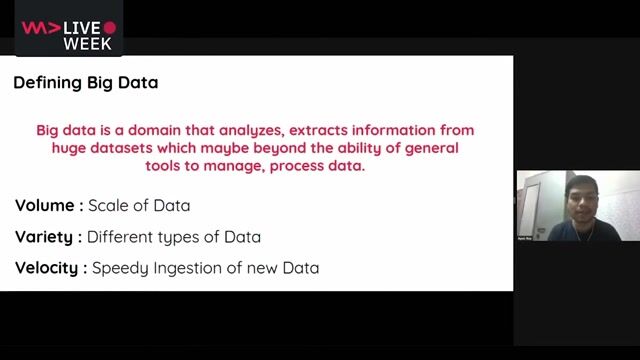 43:26
43:26PySpark - Combining Machine Learning & Big Data
Ayon Roy
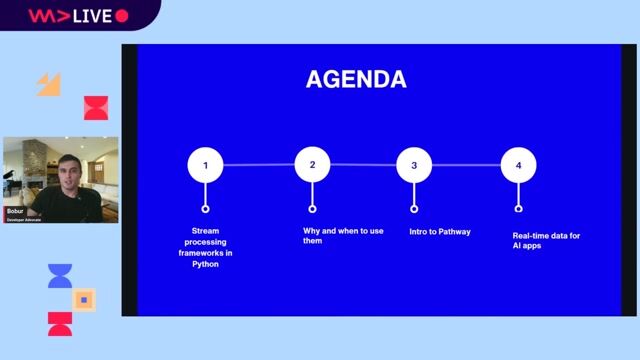 46:43
46:43Convert batch code into streaming with Python
Bobur Umurzokov
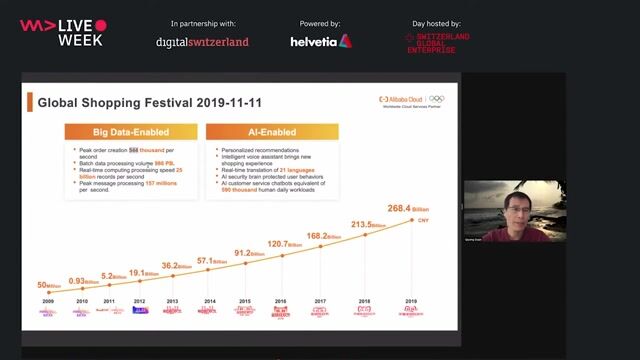 43:57
43:57Alibaba Big Data and Machine Learning Technology
Dr. Qiyang Duan
 38:50
38:50Let's Get Started With Apache Kafka® for Python Developers
Lucia Cerchie
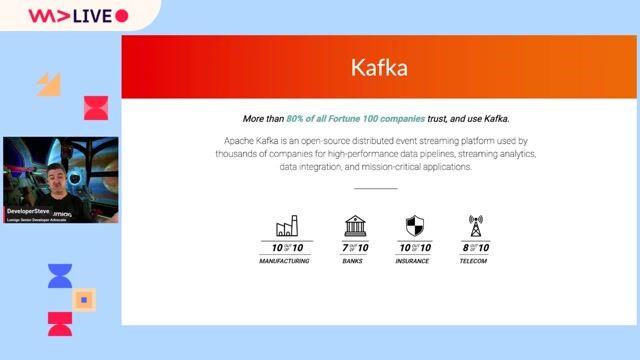 54:29
54:29Tips, Techniques, and Common Pitfalls Debugging Kafka
DeveloperSteve
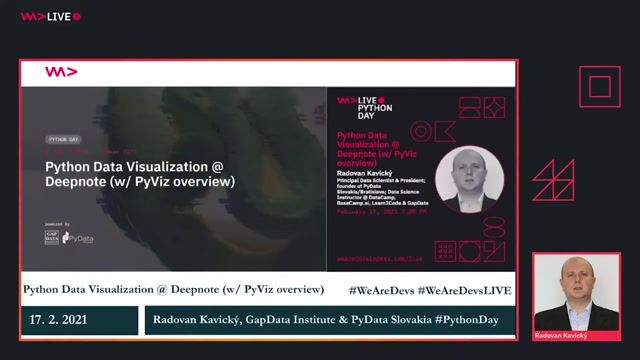 50:38
50:38Python Data Visualization @ Deepnote (w/ PyViz overview)
Radovan Kavický
 26:53
26:53Enjoying SQL data pipelines with dbt
Matthias Niehoff
From learning to earning
Jobs that call for the skills explored in this talk.
Presales Solutions Architect (DS/ML/AI)
Databricks, Inc.
Charing Cross, United Kingdom
€64K
Azure
Spark
Python
Machine Learning
+1
Data Engineer - Databricks
MP DATA
Canton of Boulogne-Billancourt-1, France
ETL
Spark
Continuous Integration
AI & Data Sr. Solutions Engineer (Emerging Enterprise, Startups & Digital Natives)
Databricks
Paris, France
Senior
Java
Scala
Spark
Python
Data analysis
+1
Sr. Product Adoption Architect (Data & AI)
Databricks, Inc.
Charing Cross, United Kingdom
€72K
Senior
Spark
Python


